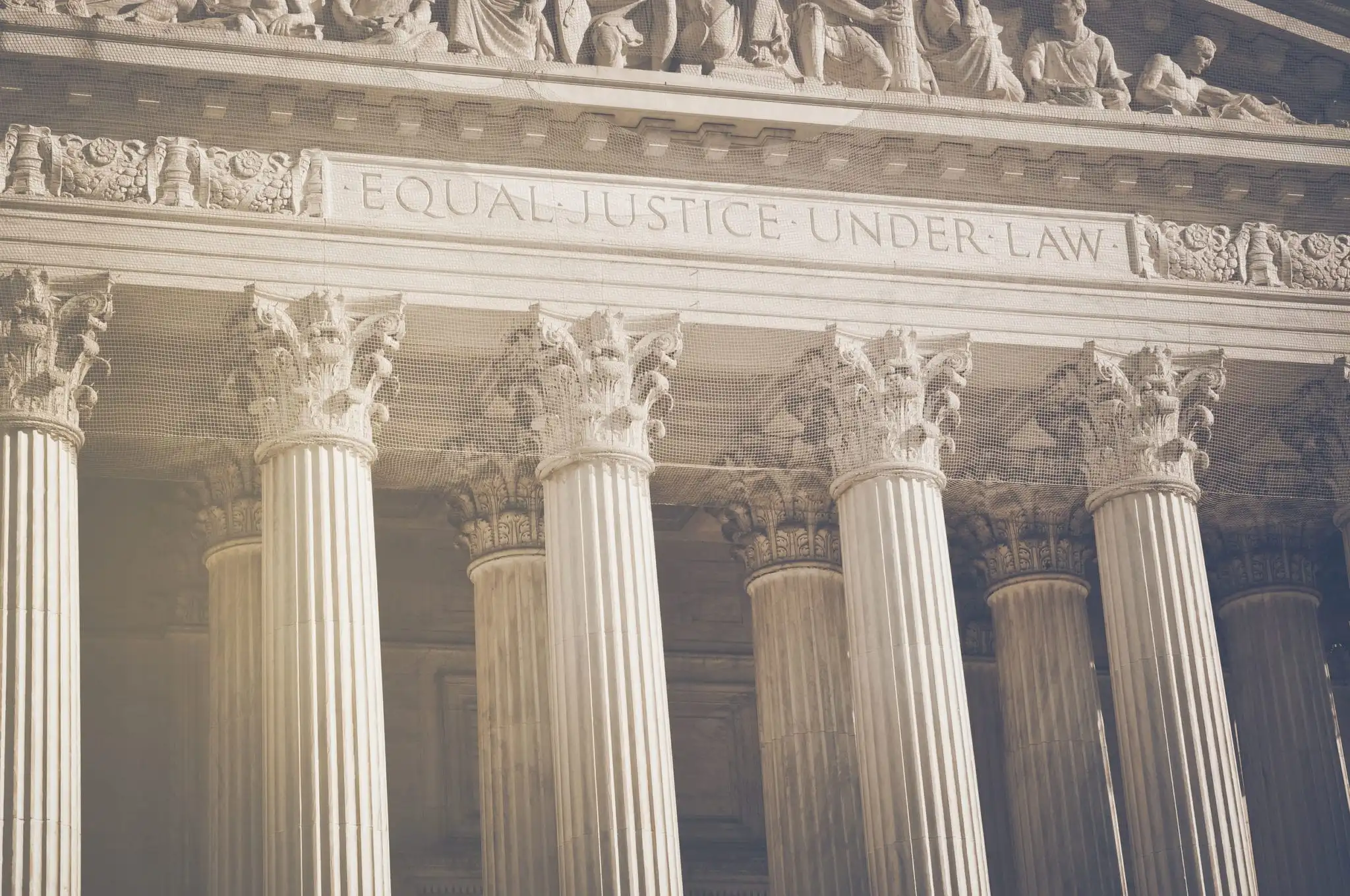Blog
Feds Expand Texas Capital Offenders’ Chances for Death Penalty

A capital felony is the most severe felony you can face in Texas. While carrying out death sentences has actually decreased in recent years, the federal government under the Trump administration, led by outgoing Attorney General William Barr, has accelerated its pace of carrying out the death penalty.
Not satisfied with the 10 executions carried out in 2020, the Department of Justice in November changed several regulations to speed the execution process—one of which is a regulation that will permit the federal government to resume executions of prisoners in accordance with federal statutes surrounding the death penalty.
Here’s what you need to know about capital offenses in Texas and how this new policy on the federal level may impact prisoners.
What Constitutes a Capital Felony in Texas?
In the state of Texas, a capital felony is the most severe type of felony a person can be charged with. The only capital felony in Texas is capital murder.
This crime is defined as the intentional killing of another person and includes such acts as:
- Murdering someone who is a known fireman or police officer while on duty
- Hiring someone to murder another
- Murdering someone as you try to escape from jail
- Inmates murdering other inmates while serving life
- Serial killings
- The murder of someone under age 15
- The murder of a judge
- Mass murders
You can also be charged with capital murder in Texas if you intentionally kill another person while committing another felony such as:
- Aggravated sexual assault
- Terroristic threats
- Kidnapping
- Retaliation by threatening to harm a servant of the public
- Burglary
- Arson
- Robbery
The Penalties for Capital Felonies
If found guilty of a capital felony in Texas, you will be sentenced to either life in prison or given a death sentence. If the defendant was under age 18 at the time the crime took place, then they will be sentenced to life without the possibility of parole.
The Death Penalty in Texas
In this state, a death sentence is carried out by lethal injection—a one drug protocol involving the use of pentobarbital.
Federal Capital Punishment
At the federal level, there are more crimes that are punishable by death. Conviction of the following offenses can result in a death sentence:
- Destruction of motor vehicles, aircraft, or related facilities that result in death
- Murder related to the smuggling of illegal aliens
- Murder committed in an airport
- Civil rights offenses that result in death
- Any homicide committed during a drive-by shooting related to drugs
- Vengeful homicide of a member of the immediate family of a police officer
- Murder of a member of Congress, the Supreme Court, or important executive official
- Murder committed in a facility of the federal government
- Espionage
- Genocide
- Treason
There are additional statutes that outline who may be sentenced to death on a federal level as well.
The Real Issue Texas Offenders Face

The new order from the Department of Justice may not seem like a big deal to most Texans. However, being convicted of a crime both in Texas and federal court changes the penalty game.
While you may escape the death penalty in Texas only to face it during federal sentencing, the federal reinstatement of the death penalty leaves offenders more vulnerable to capital punishment than they were before the new DOJ order.
In the wake of these changes, understanding your rights when charged on both the state and federal level is not only crucial to the outcome of your case but to your survival as well.
Take the first step toward protecting your freedom by contacting us now
Testimonials
John T. Floyd is Board Certified in Criminal Law By the Texas Board of Legal Specialization
Request A Confidential Consultation
Fields marked with an * are required
"*" indicates required fields



















